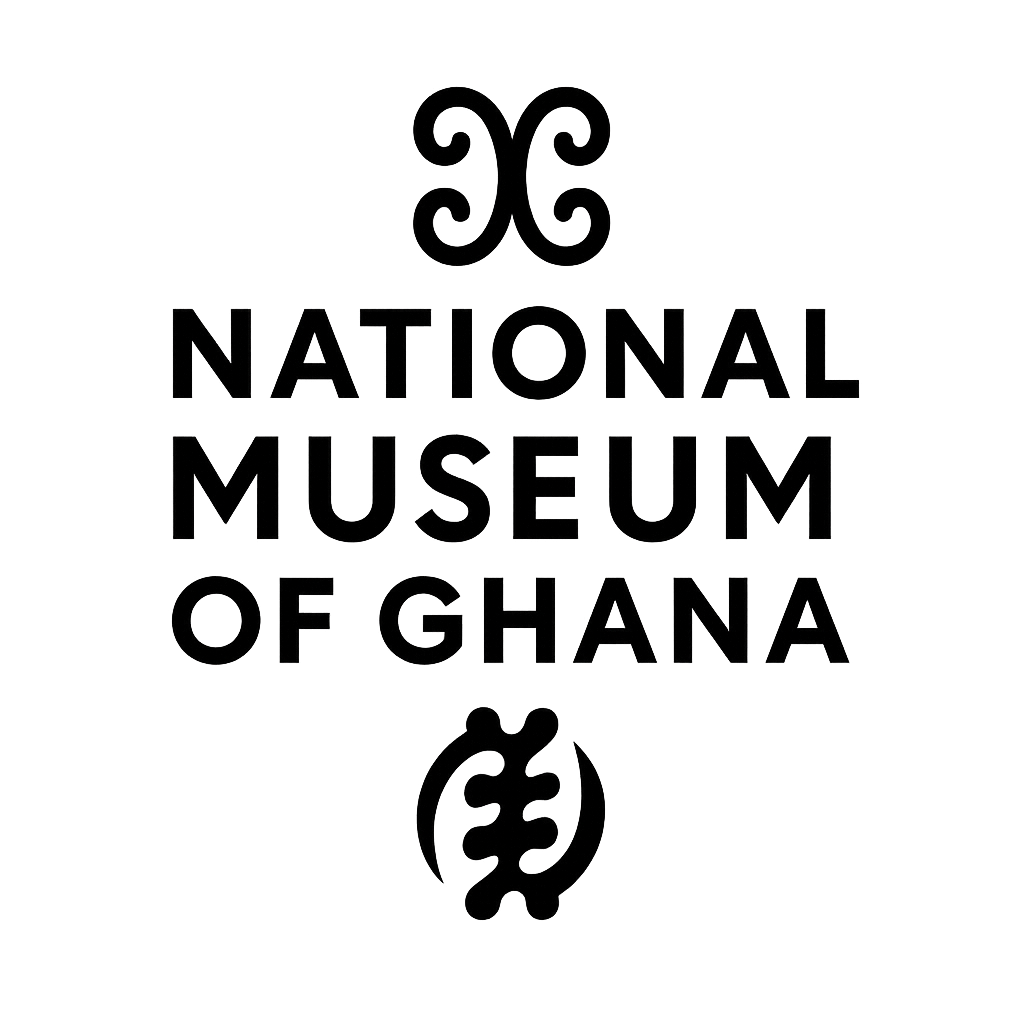

Advertisement

The name Ghana means “Warrior King” and comes from the ancient Ghana Empire, which was once located in parts of modern-day Mali, Senegal, and Mauritania—not where Ghana is today. The modern nation chose this name at independence in 1957 to honor the legacy of strength and unity in West Africa.
Before European arrival, the area now known as Ghana was home to powerful African states. These included:
The Ashanti Empire
Bonoman, Akwamu, Akyem, Denkyira, Fante (Akan-speaking groups)
Non-Akan states like those of the Ga (coastal people) and Dagomba (in the north)
These societies thrived on gold trade, agriculture, and local governance systems.
In the 15th century, the Portuguese arrived, attracted by gold.
In 1482, they built Elmina Castle, one of many forts along the coast.
The Dutch, British, Danish, and Swedes followed, building over 30 forts and castles.
The British eventually dominated the region and named it the Gold Coast due to its gold resources.
There were many conflicts between European powers and African states, especially with the Ashanti Empire. Some key events:
Ashanti–Fante War (1806)
Multiple Ashanti–British Wars in the 19th century
The famous War of the Golden Stool (1900), led by Queen Mother Yaa Asantewaa, in defense of Ashanti culture and sovereignty
By 1896, the British had gained control over much of the area. In 1874, the Gold Coast was declared a British colony.
In the early 20th century, Ghanaians began pushing for independence.
In 1947, the United Gold Coast Convention (UGCC) demanded self-rule.
Kwame Nkrumah, a rising leader, formed the Convention People's Party (CPP) and launched the "Positive Action" campaign.
Nkrumah’s message of “self-government now” gained massive support. After winning elections, he became leader of government business.
On 6 March 1957, Ghana became the first sub-Saharan African country to gain independence from colonial rule.
Flag Colors:
Red: Blood shed for freedom
Gold: Natural wealth
Green: Rich forests and agriculture
Black Star: African unity and freedom
The flag was designed by Theodosia Salome Okoh.
Kwame Nkrumah became Ghana’s first Prime Minister and later President.
He believed in Pan-Africanism – a united Africa free from colonial rule and exploitation.
He helped found the Organisation of African Unity (OAU), now known as the African Union.
He was overthrown in a 1966 coup while on a trip abroad. Later reports suggest CIA involvement.
From 1966 to 1981, Ghana experienced several military coups.
In 1981, Jerry John Rawlings seized power. A new constitution and democracy were restored in 1992.
John Agyekum Kufuor, John Atta Mills, and John Mahama led Ghana through the 2000s.
Ghana is now known for its peaceful transfers of power and strong democracy.
Population: Over 30 million (as of the last update)
Largest ethnic group: Akan (about 45%)
Other major groups: Ewe, Ga-Adangbe, Dagomba, Gurma, and Mossi
English is the official language, but most Ghanaians also speak local languages.
Despite its diversity, Ghana is peaceful and free of ethnic conflict seen in other parts of Africa.
Ghana is one of the world’s top cocoa producers.
It's also rich in gold, bauxite, and oil.
Lake Volta in Ghana is the largest artificial lake in the world by surface area.
Ghana is a proud member of:
United Nations
African Union
ECOWAS
Commonwealth of Nations
La Francophonie (associate member)
Advertisement